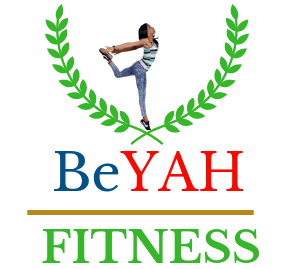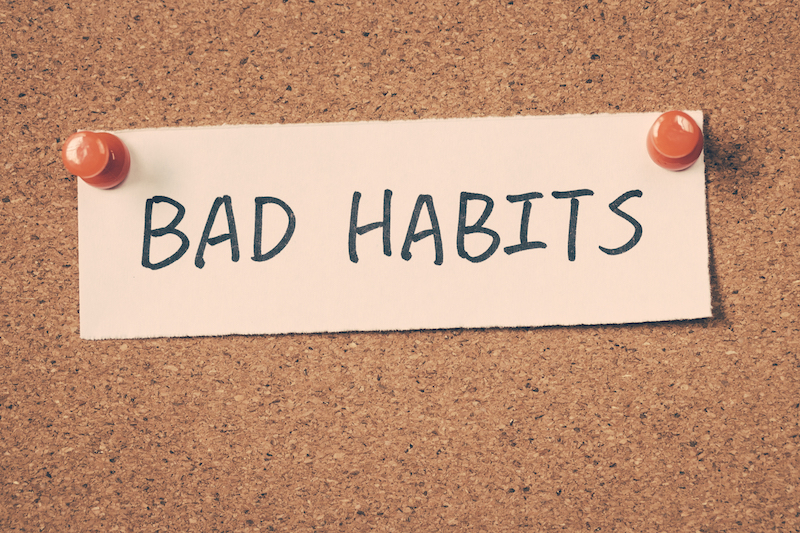7 Bad Habits That Are Dangerous To Your Health

5 Easy Ways To Stop Emotional Eating
October 30, 2020
5 Training Mistakes That Affect Your Fitness Progress
November 1, 2020We all have a couple of bad habits we do subconsciously without considering how nasty they appear to the people around us. Asides from the nastiness associated with some of these bad habits, there are also several health implications to consider.
In 2019, a 23-year-old Australian woman had a stroke that paralyzed her left side after cracking her neck. Many of us, if not all, are guilty of this particular bad habit. Certainly, very few have considered that such a seemingly harmless act can cause stroke or paralysis. In addition to cracking your neck, here are other bad habits with damning health implications that you probably have.
READ ALSO: The Top 8 Causes And Risk Factors Of Stroke
1. Cracking your knuckles
Every joint in your body has a substance that lubricates and keeps them moving freely. This substance is called synovial fluid. When you crack your knuckles, the sound it makes comes when the tiny bubbles in the fluid pop. If you crack your knuckles all the time, you put yourself at risk of developing swollen hands and a weaker grip. However, there is no link between cracking your knuckles and arthritis.
2. Biting your nails
The biting of nails is a nervous tick that many people are guilty of. If you are one of those, it is in your best interest to stop doing it. Nail-biting can damage your teeth and the skin around your nail bed, causing infection. It is also easier for you to carry germs and bacteria into your digestive system if your fingers are constantly in your mouth.
3. Blasting your headphones
Everybody loves listening to music – that’s why you will find people around you using one music listening device or the other. However, the human ear is not built to withstand loud sounds for long. Normal conversation is measured at about 60 decibels. The highest level your headphones should go is about 75 decibels to be safe. Constant exposure to loud sounds can cause you to lose hearing as you age.
4. Missing sleep
The human body needs about 7-8 hours of uninterrupted sleep at night to function. When you don’t get enough sleep, it dulls your reflexes and your mental capabilities. It also puts you at risk of developing high blood pressure, heart diseases, and depression.
5. Sitting for long periods
We tend to spend too much time sitting, especially now that most businesses have shifted to remote work. It means that people spend more time hunkered over their computers for hours on end. Prolonged sitting can slow down your metabolism, causing you to gain weight. The long-term effect of excessive weight gain is diabetes, heart diseases, and high blood pressure. An occasional 10-minute break to talk a walk will go a long way in helping.
6. Drinking too much
Some people can consume an entire 6-pack of beer in one sitting while watching their favorite show or game. The weekly limit for alcoholic beverages consumed by both men and women differs. It is 14 for men and 7 for women. Any number above increases your chances of developing liver diseases, heart diseases, kidney diseases, digestive issues, and bone damage.
7. Eating too quickly
Asides from the noisiness and sloppiness associated with eating too quickly, there are also health implications to consider. Eating too quickly will leave you unsatisfied and cause you to overeat. The long-term effect is excessive weight gain and the other complications that come with it. When you eat, slow down to savor each bite and focus solely on that task of eating. That way, your body has enough chance to realize when you feel full.

